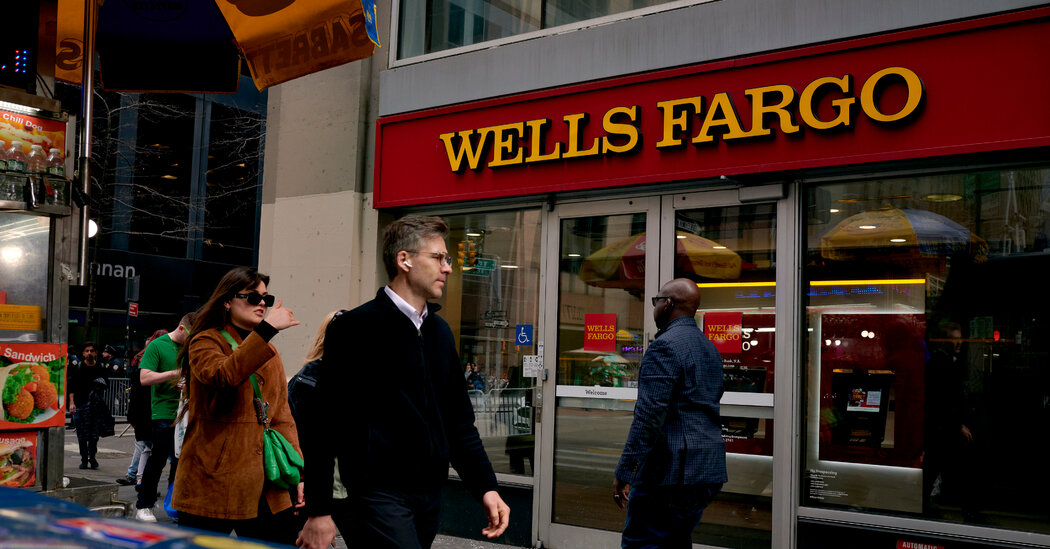Wells Fargo has agreed to pay $1 billion to settle a class action lawsuit accusing the bank of exaggerating the progress it has made in resolving the illegal practices that regulators say have harmed millions of customers.
The agreement, detailed in court documents Monday, is the latest in a series of settlements and fines the bank has paid as a result of a massive fraud uncovered nearly a decade ago. From 2002 to 2016, faced with unrealistic sales targets imposed by their bosses, bank employees opened millions of accounts in customers’ names without their knowledge.
Wells Fargo removed top executives and promised regulators it would fix the internal flaws that caused the scandal and other practices that put customers at risk.
The latest settlement resolves a lawsuit filed on behalf of shareholders targeting the bank’s conduct between 2018 and 2020 after regulators identified many of the issues. Prosecutors, including pension funds in Mississippi, Rhode Island and Louisiana, said Wells Fargo defrauded investors by giving the false impression that it was further along in the process of addressing regulators’ orders than it disclosed at the time. The settlement, which must be approved by a New York federal judge, was previously reported by The Wall Street Journal.
Wells Fargo, who was not immediately available for comment, said it is working to address issues that led to the lawsuits and regulatory sanctions.
Controversy has engulfed Wells Fargo for years, including fake bills, improper mortgage changes, and accidental disclosure of customer information.
In December, the bank agreed to pay $3.7 billion to settle claims from the Consumer Financial Protection Bureau that it was involved in a series of banking violations. Wells Fargo agreed to pay $3 billion in 2020 to settle consumer abuse investigations spanning more than a decade.
Twice in the past seven years, the bank’s CEO has been impeached: John G. Stumpf in 2016 and Timothy Sloan in 2019. A top executive, Carrie L. Tolstedt, pleaded guilty in March to a criminal charge related to the fake accounts scandal and risks up to 16 months in prison.

